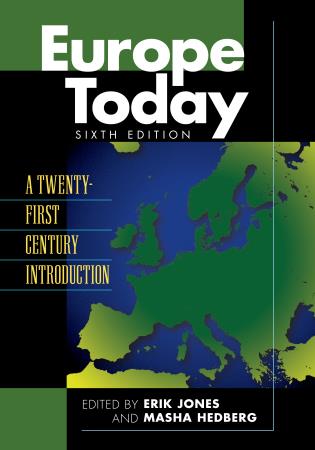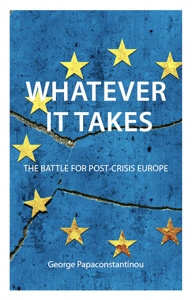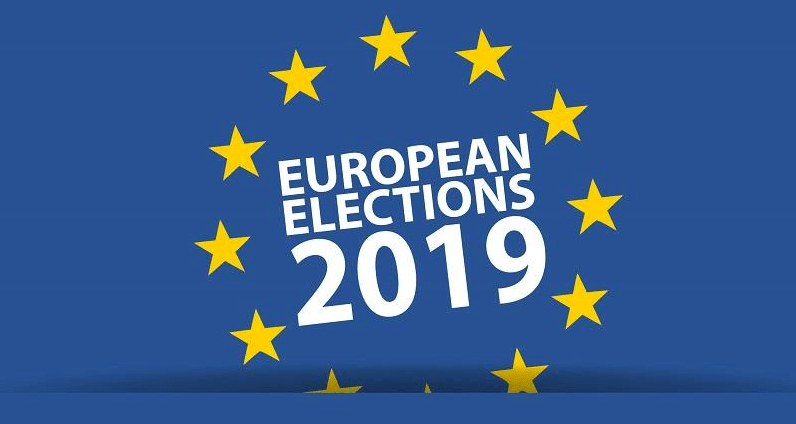The usual story about the crisis of democracy centres on populists and other bad actors who spoiled the party for the all the rest. There is some truth to this account. But it only captures a small part of what is happening. To get a full picture, you need to look at the failure of democrats and democracy to deliver on what was promised. You also need to consider the perverse incentives that democratic institutions create. And you have to imagine that there are important groups of people – many of whom are poor and disadvantaged – who come out better under other systems of government (and for whom democratization has made things worse). These perspectives on the crisis of democracy do not deny the great promise that democratic institutions have to offer. But they do give pause to consider the many different challenges that democrats have to face if the project of giving power to the people is going to be a success. Three recent books by Philipp Ther, Zsuzsanna Szelényi, and John A. Gould explain why.
Continue reading →








